No matter what I write about the question, opinions will differ or even assume surreptitious advertising. Nevertheless, I would like to try to answer this question and not consciously claim that I lens could be!
We have one ourselves Campe-r-volution gone through and at least I can now say what I like, what I don't like and, above all, what I really value in a good camper conversion. Therefore, the alternative title for this post might be better: Why did I sell my California.
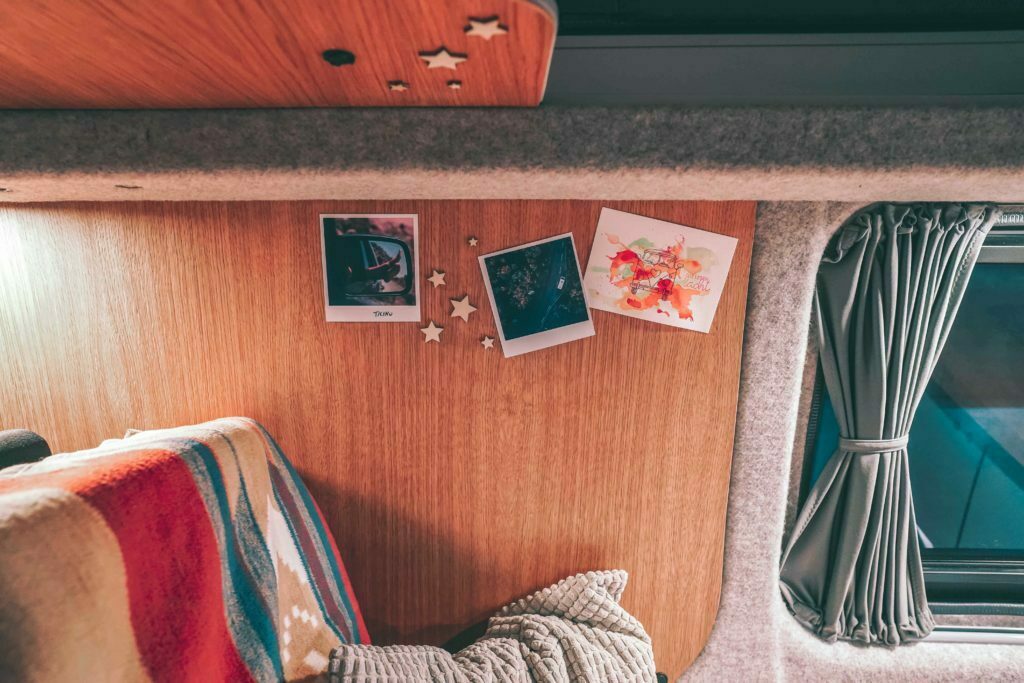
1. Individuality
With a product from industrial series production it comes as it comes. You can configure everything possible on the vehicle itself, but with the actual camping equipment, default the measure of things. At a individual expansion however, you can get through competent consulting of the customer to the respective needs. Mountain bikers get a garage in the rear, climbers plenty of space for equipment and those who want to work on the go get a power system with mobile internet designed for this purpose.
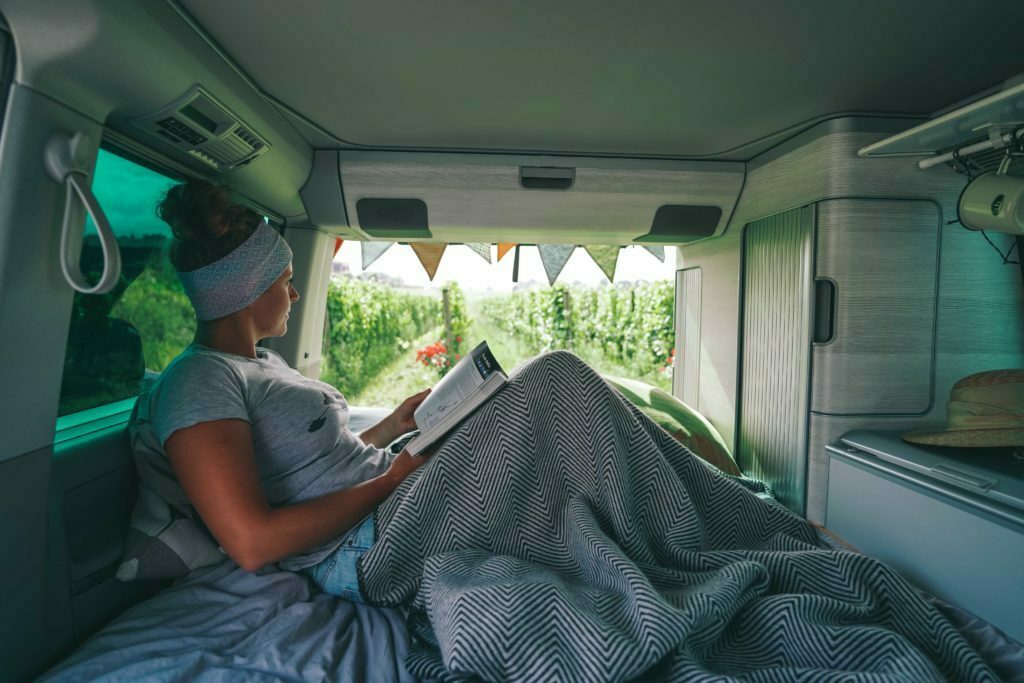
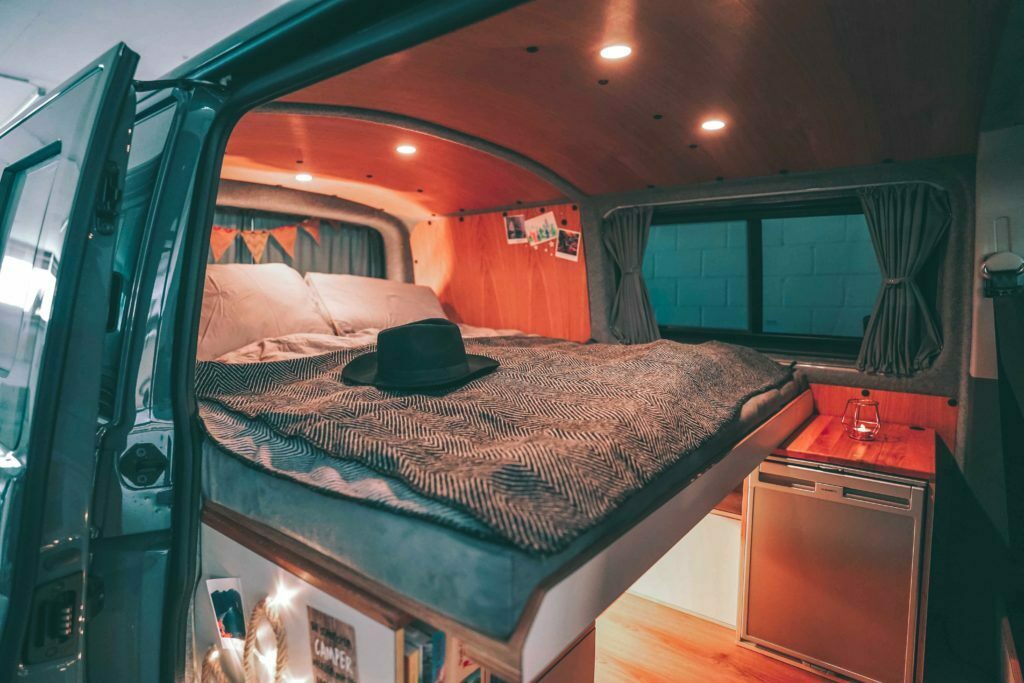
2. Advice
We, and I assume others too camper manufacturers with a comparable claim, give the customer correct and competent advice in the first place. And by consulting I don't mean the pragmatic throwing together of predefined product components. Because the most important thing for a successful project is that we, as builders, understand what the customer wants for their camping adventures in the future. In order to then differentiate together what is actually needed in the camper. Because you want to want to all day long, but if that Bbudget plays a role, then you should also keep an eye on what is needed. Good advice doesn't mean that it's expensive, because you only have to ask the right questions in order to get to the result together surprisingly quickly.

While at a "industrially" manufactured campers After signing the purchase contract, we involve our customers in the project when it comes to the expansion. If it still new ideas from customers or questions about how blue the blue should be from our side, we will quickly send a photo or status update around, making sure everyone had the same blue in mind. While we are in our manufactory value the advice lay, is usually only sold by the major vehicle suppliers.
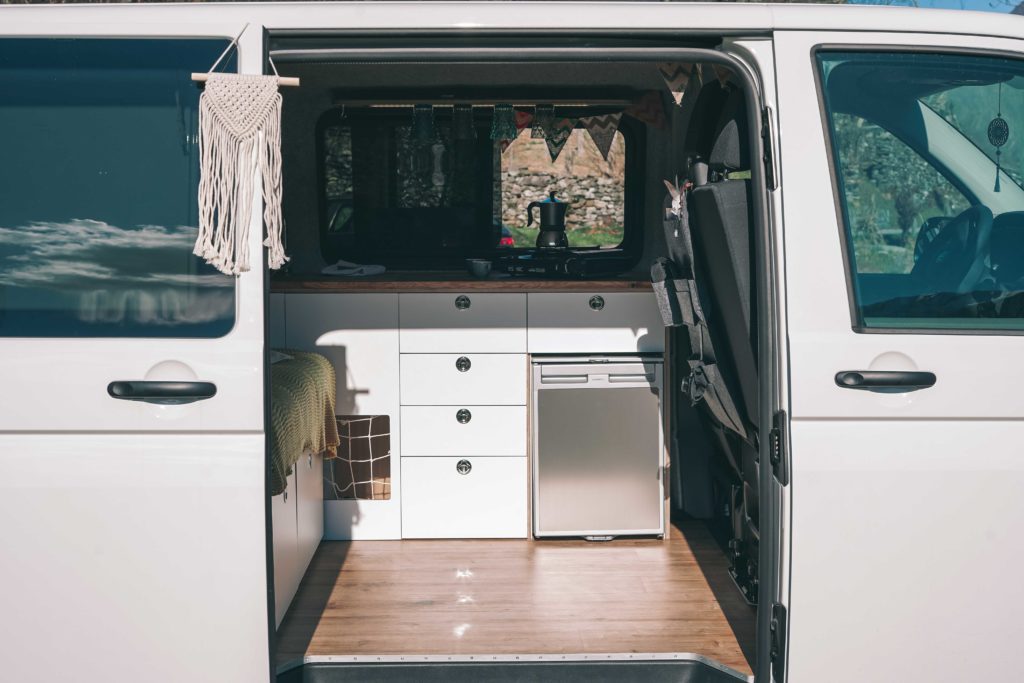
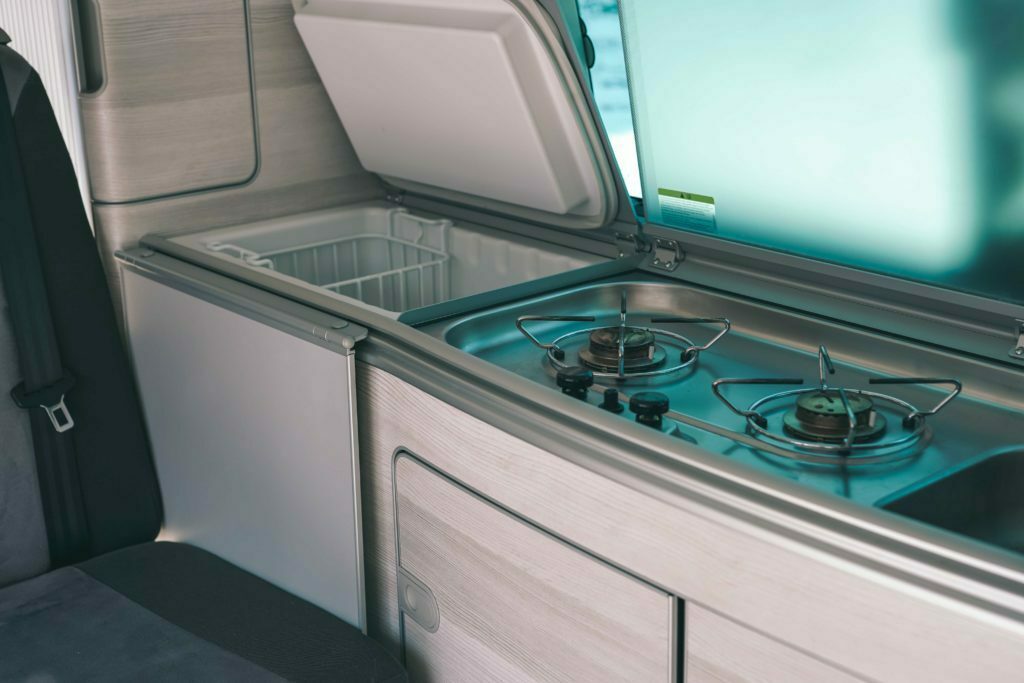
3. quality
To anticipate something in the following paragraph. It goes here not at all at a brand bashing, but unfortunately just about the experience we had. Back then, when there were probably still a few last dinosaurs grazing in the Jura, we got one Factory California ordered (among other things because we also lived in it part-time when we commuted). Apart from the fact that the vehicle arrived with a 4-month delivery delay while the official apartment had already been cancelled, there were still a few unpleasant surprises in store for us. For example, he fell plastic faucet still falling apart in the dealer's parking lot and the water level indicator didn't even work. Then that was Board battery incorrectly connected and the brackets for the shelves in the kitchen cupboard were in need of replacement after the first tour.
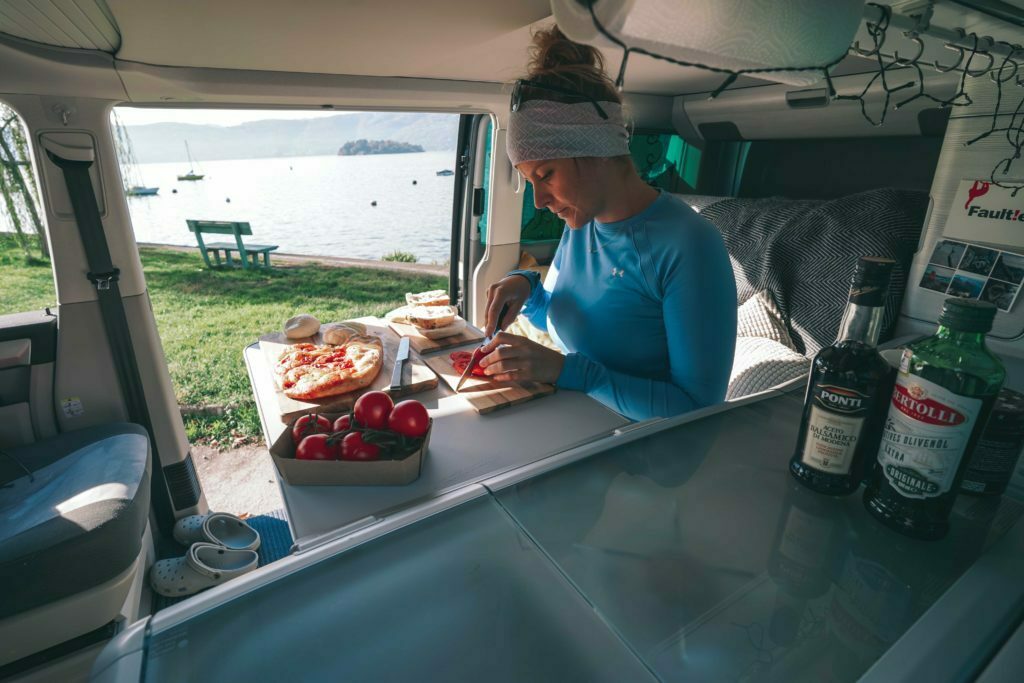
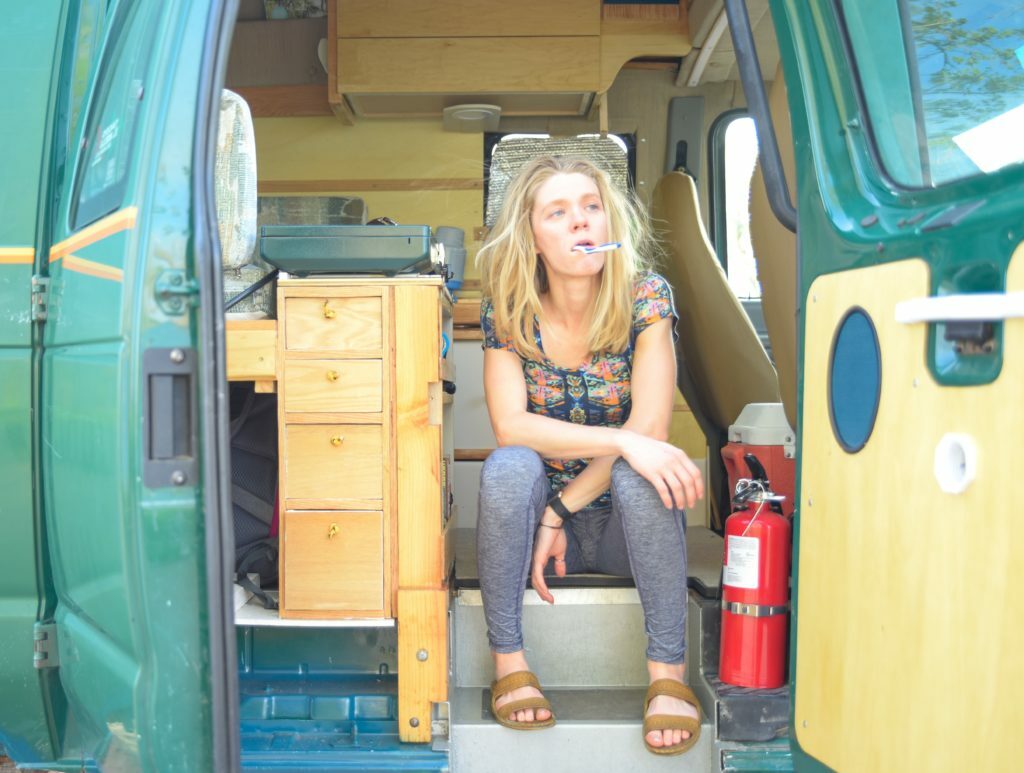
There is no question that something can always go wrong. But if already cheap plastic is installed, then the predetermined breaking point almost certainly. So we pay attention high-quality materials, which should ideally last a lifetime and, above all, which can be easily repaired even without cataloged spare parts. Since we do every step of the camper conversion, we have them quality accordingly under control. And our standards are correspondingly high!
4. Coziness
The feel and look of the materials used is highly dependent on taste. Peter doesn't have to like what Laila likes. But I'll lean out the window and say that a California, Pössl and Co. will never reach the degree of cosiness and coziness that a tailor-made interior made of natural materials can. Lightness and serial production have their price. The cupboards rattle a little and it's cold sterile. Even with decoration you can't get much out of it.
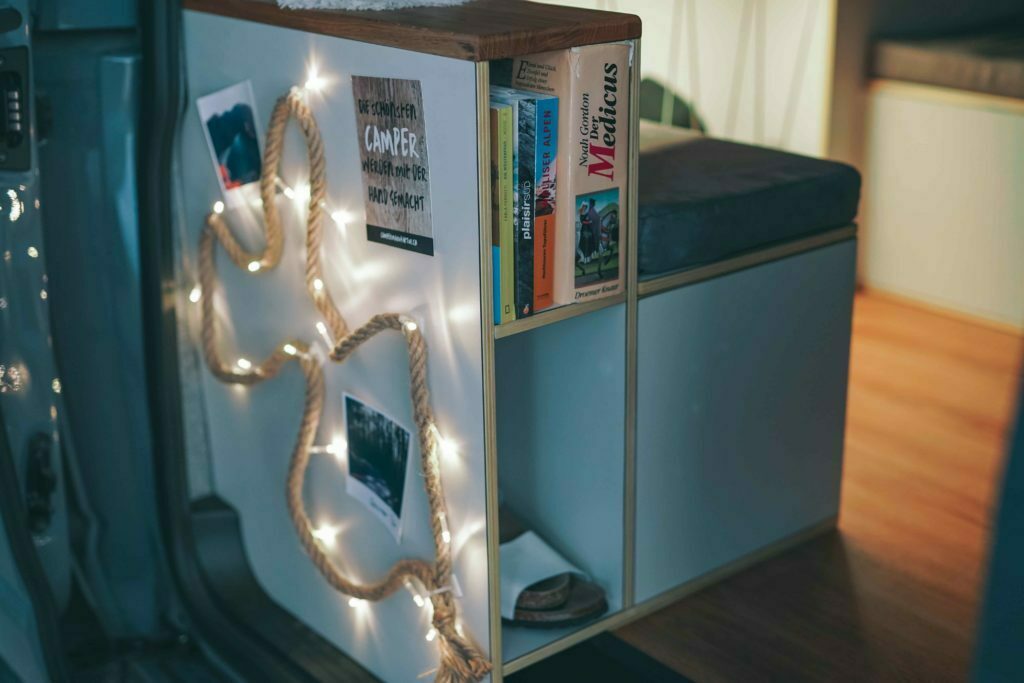
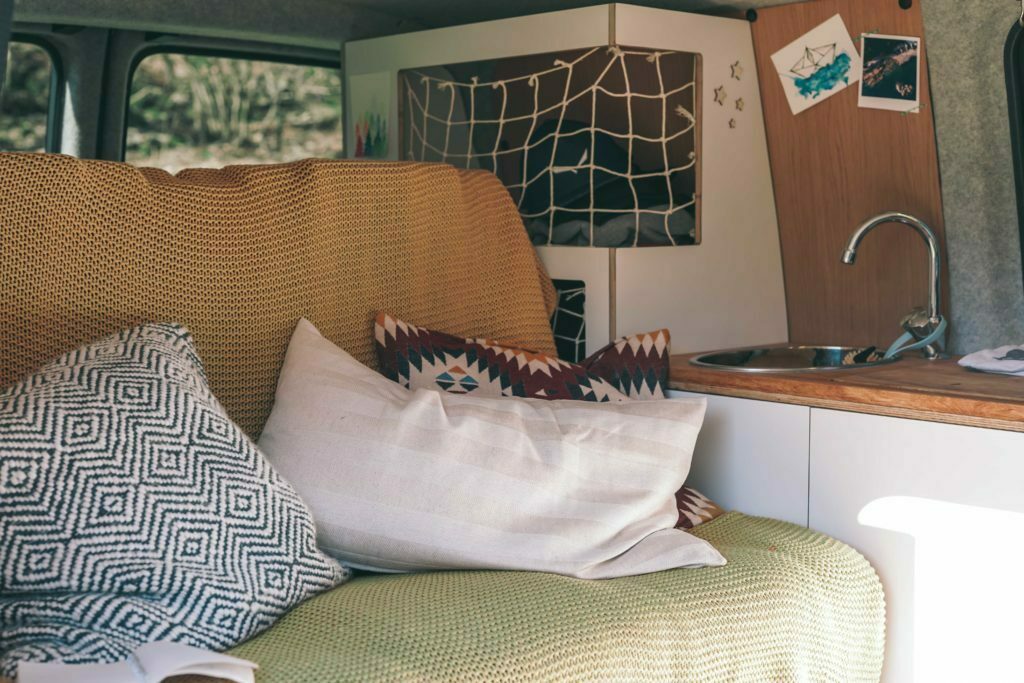
The felting alone ensures that the bus is really cozy! Let alone a worktop made of well-oiled rustic oak. In addition, everything on the bus can be repaired – everything. The wood has a warm cozy feel and it feels like a real home.
What is it supposed to be now?
If you don't have any special requirements in terms of functionality and can get used to the aesthetics, you will definitely get a lot of camper for your money with the California. However, as the name suggests, the cozy camper is simply cozy, it is inviting, you like to spend time in it and the most convincing argument: it is unique. When a Cali drives up to the campsite, there are already 8 others. And when an individually developed gem drives up to a campsite, eyes always widen and become curious. We had a great time with the California Coast Kowalski, but once I've come across the cozy camper, I'll never buy an off-the-shelf motorhome again.
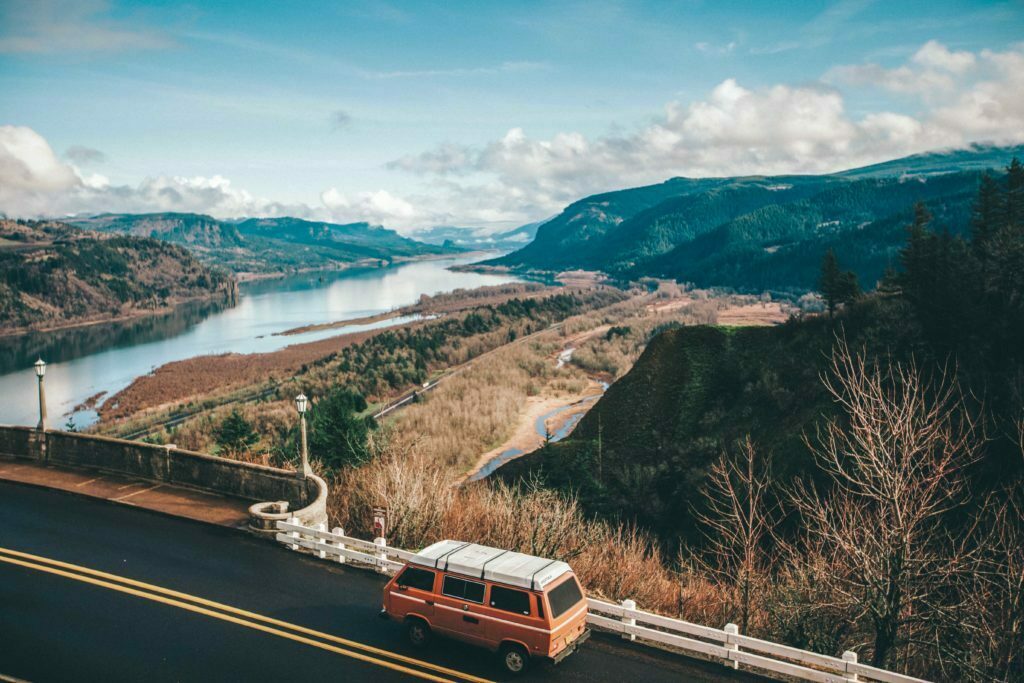
Is the individual camper extension better?
You can't judge that per se. If you are talented in terms of craftsmanship, you can certainly expand a good camper according to your own wishes. But with less talent or a lack of tools, it can also go awry. The only thing that helps is an expansion of the subject. However, the comparison "better" has little to do with it. What is important is what your own requirements for the camper expansion are and which camper meets them. Do you just need a place to sleep and a place to cook? Then the Standard California might be right for you. Would you like to be comfortable and maybe add a few extra features here and there? Then the individual camper extension is the better choice.
Is the individual expansion expensive?
The question can best be answered with a comparison, namely if you compare an Ikea bed with a bed made by a carpenter. Ikea produces thousands of beds of the same type, which are manufactured cheaply due to the choice of materials and high production numbers. The carpenter builds unique one-offs that are almost certainly better in quality and also cost more money. Is this expensive? no It's only expensive if it's not worth the money - which is rarely the case with manual work.
similar posts
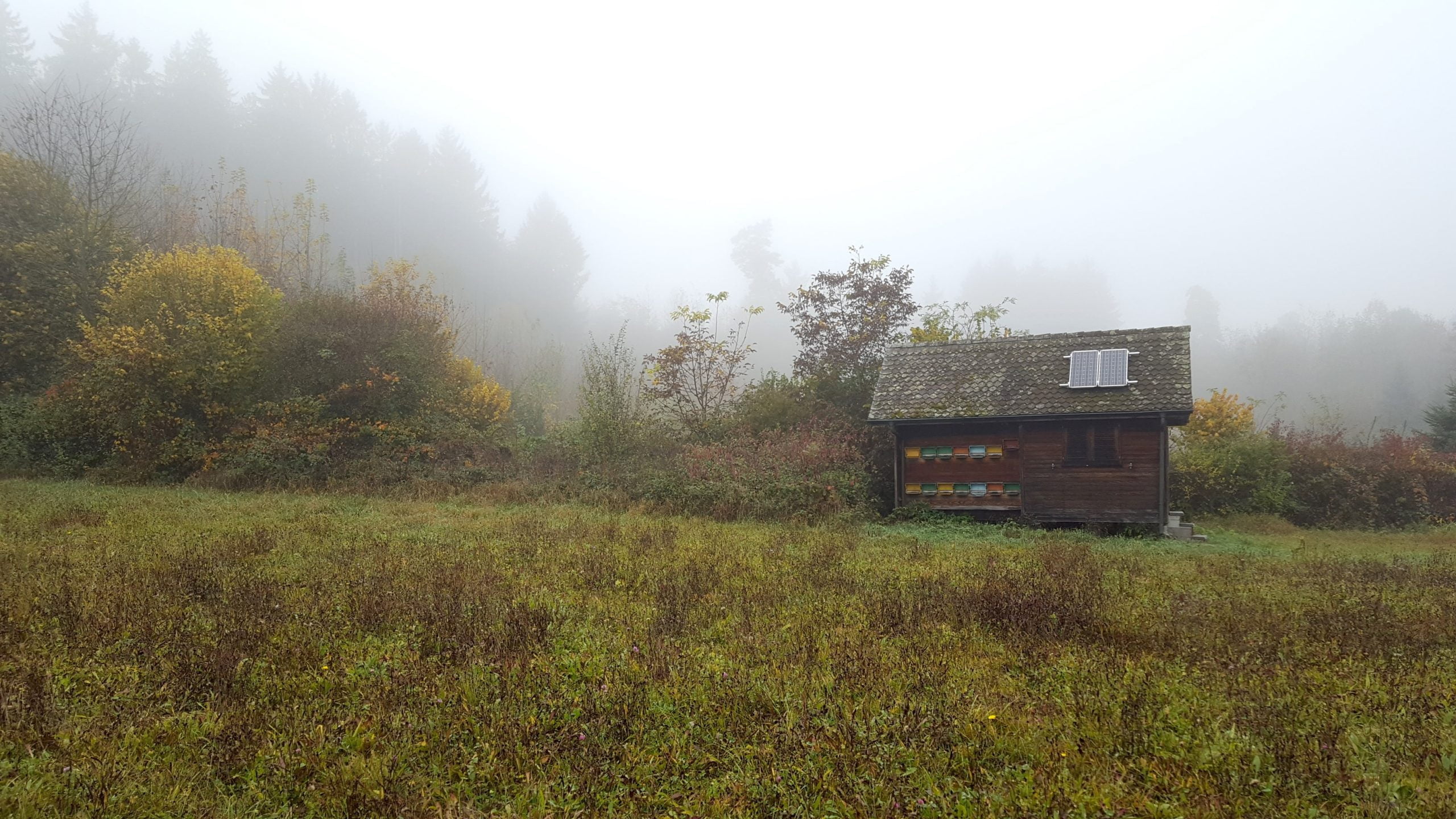
Energy self-sufficient with solar and island system not only for campers
Energy self-sufficient with solar and stand-alone system Not only for campers, but also for mountain huts, alpine pastures, Maiensäss or campsites Contents of this article What is energy self-sufficiency? Energy self-sufficiency means
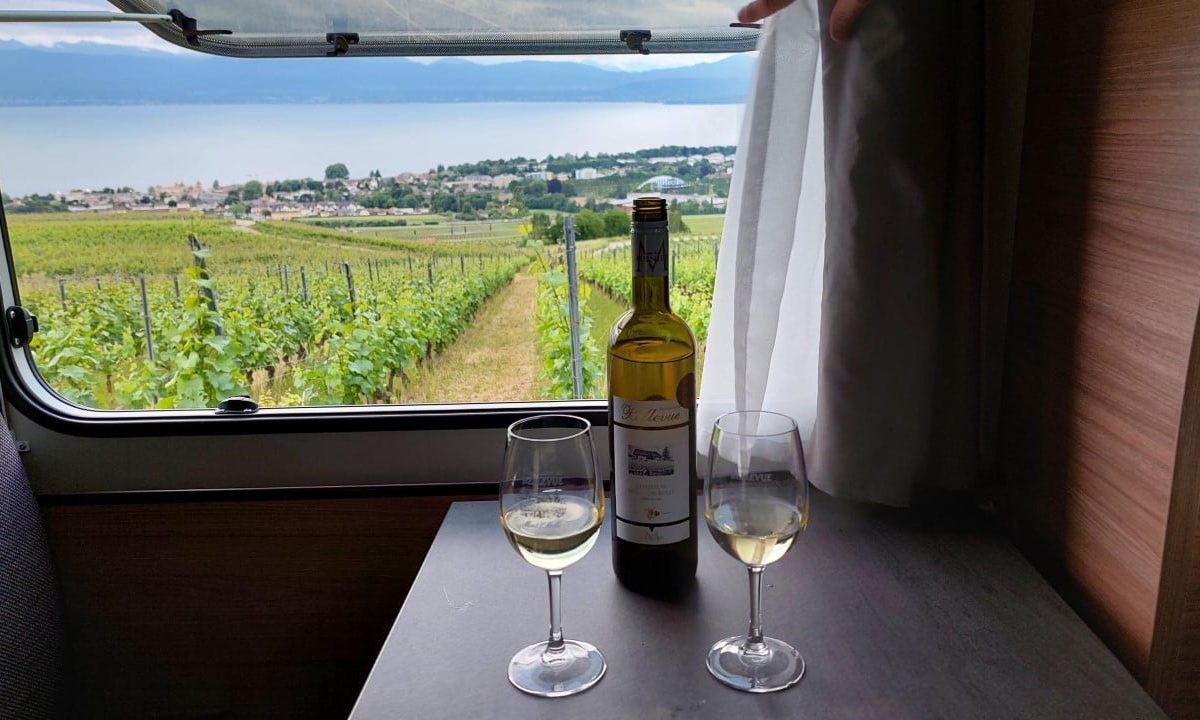
Swiss Hosts is the alternative to camping in Switzerland
Camping on a vineyard, staying overnight at a local cheese dairy and unwinding on a farm Contents of this article Who is behind Swiss Hosts?
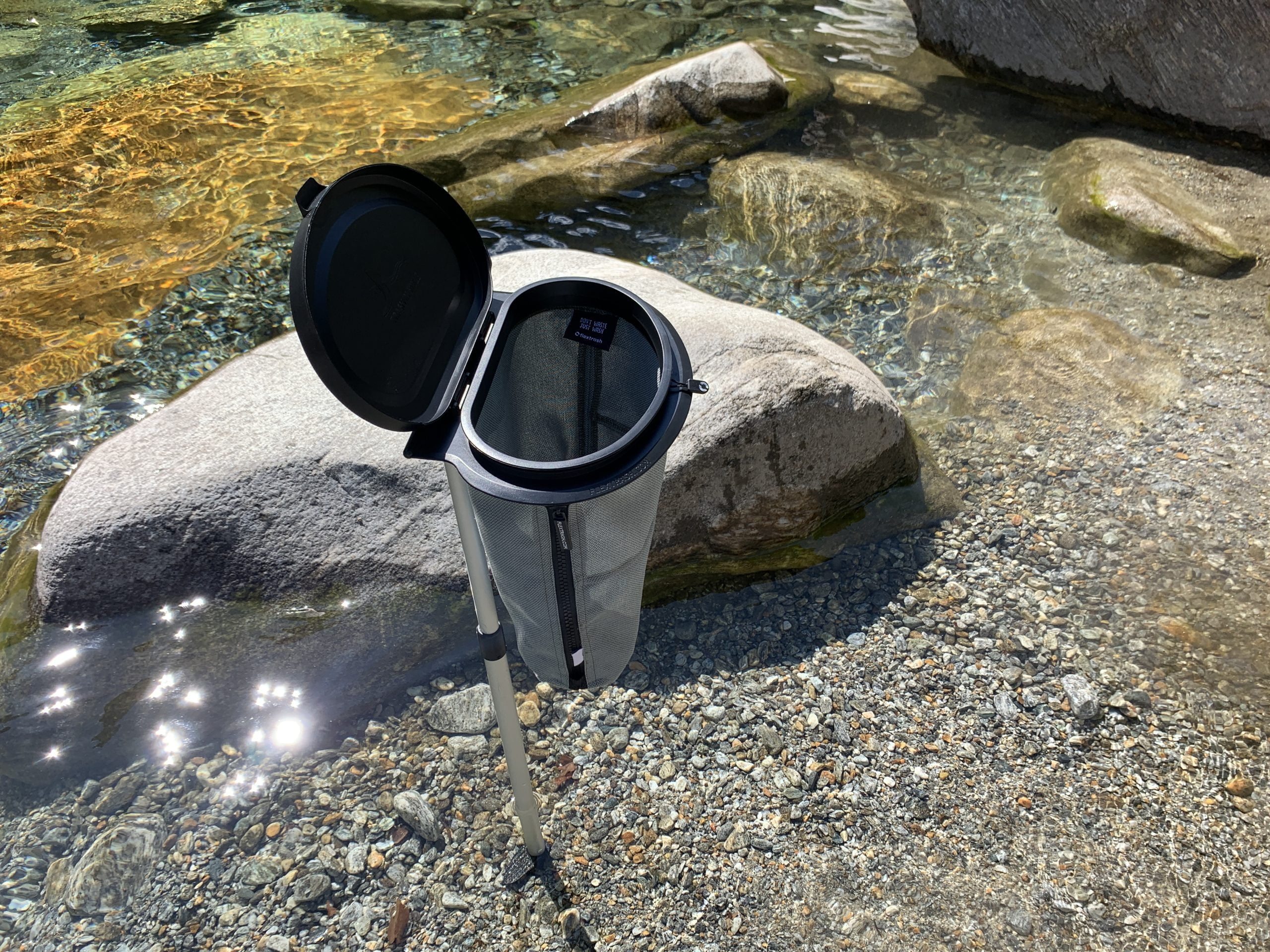
Probably the most versatile bin for campers
Probably the most versatile waste bin for campers The Danish Flextrash - where waste meets bin! Contents of this article The Flextrash - waste bin for campers with
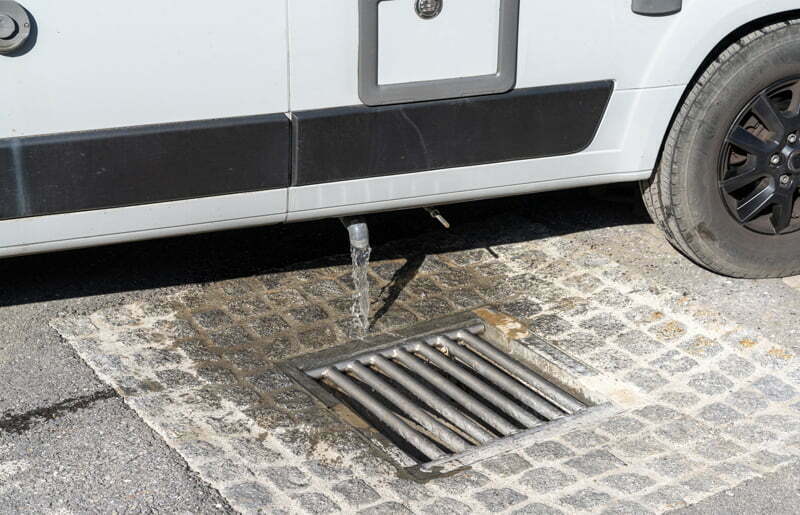
Disposal stations for motorhomes or campers
In brief on dealing with fresh water, grey water and waste water when camping In the camper or motorhome, people cook, brush their teeth, wash their hands, shower and sometimes have to
